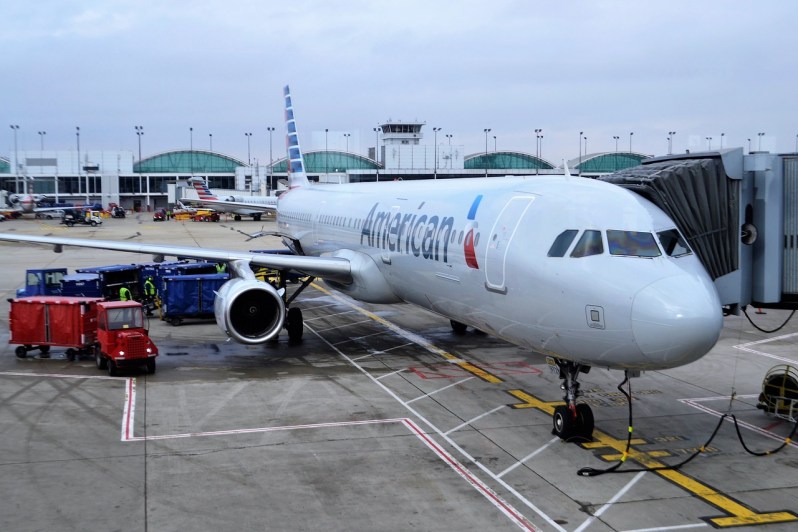
In an era marked by rapid technological advancements and evolving customer demands, the aviation industry continues to soar to new heights. Among the frontrunners in this dynamic landscape stands American Airlines, which has recently announced a plan to expand its current fleet.
On Monday, March 4, American Airlines announced that they had placed an order for a staggering 260 new aircraft, complemented by options and purchase rights for an additional 193 aircraft. Additionally, the airline is focusing on enhancing its current fleet, promising an improved travel experience for first-class and business passengers.
American Airlines’ fleet order: the details
Among the highlights of this ambitious order are 85 Airbus A321neo, 85 Boeing 737 MAX 10, and 90 Embraer E175 aircraft. Each model brings its own unique advantages, ensuring that American Airlines can effectively meet the demands of its extensive route network while providing passengers with a superior travel experience.
“Over the past decade, we have invested heavily to modernize and simplify our fleet, which is the largest and youngest among U.S. network carriers,” said American’s CEO Robert Isom. “These orders will continue to fuel our fleet with newer, more efficient aircraft so we can continue to deliver the best network and record-setting operational reliability for our customers.”
Additionally, the airline has made the move to replace 30 existing 737 MAX 8 orders with 737 MAX 10 aircraft. The 737 MAX 10, with its advanced technology and increased capacity, will be deployed on high-density routes, optimizing capacity utilization and enhancing operational efficiency.
“We deeply appreciate American Airlines’ trust in Boeing and its confidence in the 737 MAX family. American’s selection of the 737-10 will provide even greater efficiency, commonality, and flexibility for its global network and operations,” said Stan Deal, president and CEO of Boeing Commercial Airplanes.

Enhancements that will benefit first-class and business travelers
In addition to the new fleet, American Airlines is also expected to embark on a comprehensive retrofitting program for its A319 and A320 aircraft, scheduled to commence in 2025. This program is poised to revolutionize the first-class and business-class experience.
The retrofit will refresh the interior of the plane, including power in every seat, larger overhead bins, and new seats with updated trim and finish. Specifically, American’s A319 fleet will undergo modifications to accommodate more premium seats, increasing the total number of domestic first-class seats to 12. Similarly, the retrofitting of the A320 fleet will result in a significant expansion of domestic first-class seating, with the seat count set to rise to 16.

How will this affect American Airlines in the future?
American Airlines’ current focus is to bring larger, dual-class regional aircraft into its fleet to meet the growing demand for air travel. Furthermore, the airline expects to retire all of its 50-seat-single-class regional jets by the end of the decade. Upon completion of the Embraer E175 deliveries, American’s entire regional fleet will be made up of dual-class regional jets with premium seating, high-speed WiFi, and in-seat power.



